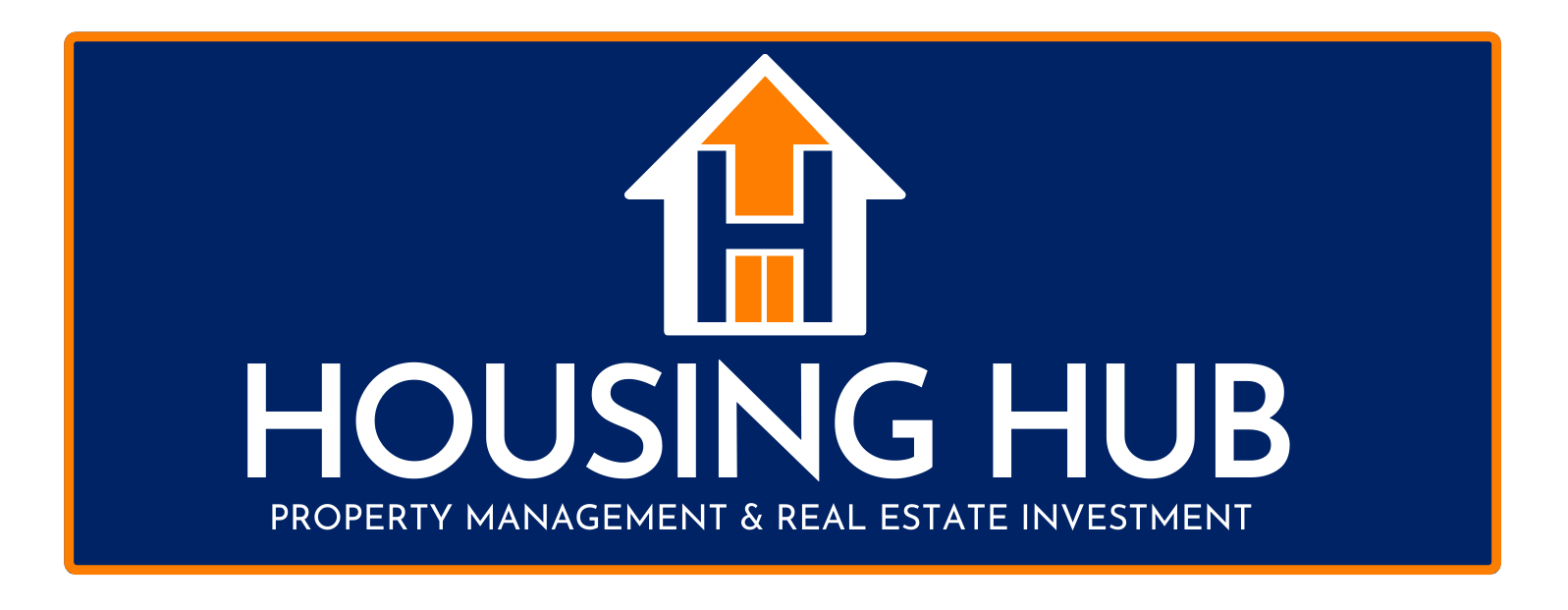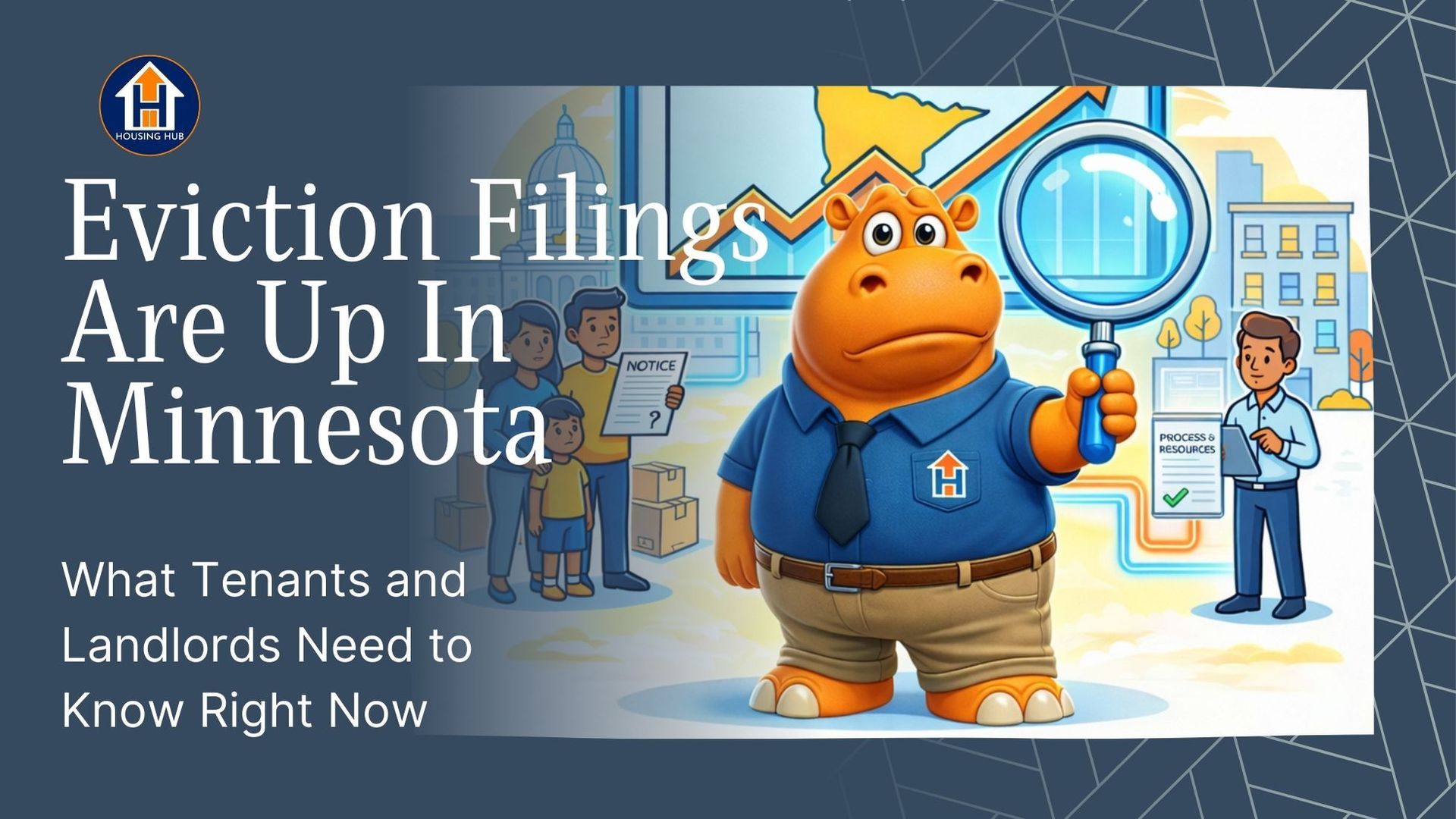Top 5 Seasonal Maintenance Tips for Twin Cities Rental Properties
As the seasons change in the Twin Cities of Minneapolis and St. Paul, staying ahead with proactive property maintenance is not just an option—it's a necessity. Each season brings its unique challenges and demands for property owners. As your trusted property management partners, we're here to guide you through the essentials of maintaining your rental properties effectively throughout the year. Our deep understanding of the local climate, tenant expectations, and regulatory landscape makes us uniquely positioned to support you.
Spring is a time of renewal, and your rental properties are no exception. After a harsh Minnesota winter, spring maintenance is all about revitalization. Then comes summer, where the focus shifts to keeping your properties cool and comfortable in the face of rising temperatures. As the leaves begin to turn, autumn alerts us to prepare properties for the incoming cold, ensuring that everything from insulation to heating systems is on point to face the winter. Finally, the intense cold of Minnesota winters calls for strategies to protect your properties and ensure they continue to provide comfort and safety to tenants during extreme conditions.
Navigating these seasonal maintenance challenges is crucial, not only to enhance the longevity of your properties but also to maintain their value and ensure tenant satisfaction. Stick with us as we delve into detailed seasonal strategies that harmonize with the needs of Twin Cities property management.
Spring Maintenance: Revitalize Your Property Post-Winter
As the snow melts and the frost thaws, it's crucial for us to revitalize our properties to ensure they are in top condition. Spring maintenance is a key strategy in extending the lifespan of the investments and enhancing their appeal to current and prospective tenants. We begin by conducting a thorough inspection of the exteriors — this includes checking for any damage to the roofing, siding, and foundations that may have occurred during the winter. It's also vital to clear out gutters and downspouts to prevent water buildup and potential damage.
Additionally, we offer landscaping services, which can greatly transform the overall curb appeal of the properties. We prune dead branches, tidy up flower beds, and prepare the lawns for new growth. This not only makes the properties more attractive but also creates a welcoming environment for tenants, contributing to their satisfaction and retention.
Stay Cool: Essential Summer Upkeep Tasks for Optimal Comfort
As temperatures rise, keeping our properties cool and comfortable for tenants becomes a top priority. Effective summer maintenance ensures that air conditioning units are functioning efficiently, which is essential for tenant comfort and also for reducing energy costs. We perform routine checks and maintenance on all HVAC systems, including cleaning filters and checking for any necessary repairs. This proactive approach prevents breakdowns during heat waves, ensuring continuous comfort and safety for all residents.
Alongside the HVAC maintenance, we can assess and upgrade other elements contributing to a building's coolness for the property owner. This includes checking that all windows and doors have proper seals to keep cool air and heat out. Installing blinds or solar shades on windows facing direct sunlight significantly helps in reducing indoor temperatures and enhancing the energy efficiency of the units. These steps not only improve tenant comfort but also boost the overall energy efficiency of the properties, aligning with our sustainability goals.
Autumn Alerts: Preparing Your Properties for the Cold Ahead
As the leaves begin to change color and the air turns crisp, it’s crucial for us to prepare our properties for the colder months ahead. Autumn maintenance primarily involves ensuring that our heating systems are fully functional and ready to efficiently serve our tenants during the winter. We conduct thorough inspections and servicing of furnaces and boilers, which include cleaning components, checking for leaks, and replacing filters to ensure peak performance and safety.
We also recommend the weather-proofing aspects of property maintenance, such as insulating windows and doors to prevent heat loss, which greatly increases energy efficiency and comfort. Cleaning gutters and drains is another important task; this ensures that they can handle fall rains and prevent water damage by directing water away from the property. By proactively managing these tasks, we not only safeguard the property but also enhance the comfort and satisfaction of our tenants.
Winter Wisdom: Key Strategies to Protect Your Investment During Extreme Cold
Winter in the Twin Cities can pose significant challenges to property maintenance, with its extreme cold and heavy snowfalls. Our winter preparedness plan focuses on preventing common cold-weather issues to ensure the safety and comfort of tenants and the integrity of the property. Key strategies include regular snow removal to ensure safe access to and around the property. We contract with reliable snow removal services to clear driveways, parking areas, and walkways promptly after snowfall.
Another critical aspect of our winter maintenance is the prevention of frozen pipes, which can lead to costly damages. We ensure that all pipes, especially those in unheated areas or against exterior walls, are well insulated. We also maintain a slight drip in faucets to keep water moving and prevent freezing. Additionally, we regularly check the property’s heating to ensure it is functioning efficiently and effectively throughout the winter months, keeping the indoor environment warm and safe for our tenants.
In all our seasonal maintenance efforts, our goal is to provide peace of mind for our property owners and cozy homes for our tenants. We understand the unique challenges presented by the Twin Cities' weather, and our comprehensive maintenance plans are designed to manage these effectively. Our efforts not only protect and enhance property values but also ensure that tenants enjoy their homes without concern for the changing seasons.
If you own property in the Twin Cities and want to minimize hassles while maximizing the value and comfort of your investments, reach out to Housing Hub. Let us take care of the details, so you don’t have to. Together, we can ensure that your property stands strong through all seasons. Contact Housing Hub today and experience the benefits of
professional property management.






